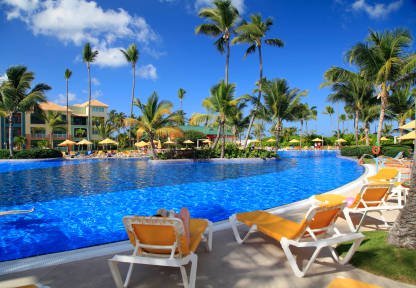If you’re wondering whether investing in a timeshare is a wise financial decision, this article provides an in-depth analysis of the benefits and drawbacks to help answer the question, “Is a timeshare a good investment?”
Many people choose to invest in a timeshare, or vacation ownership program, to enjoy the freedom of having a second home at their vacation destination of choice. While some do benefit from a cost savings on accommodations, the long-term costs of this type of ownership property can put a dent in your budget.
You’ll need to weigh both the pros and cons of a timeshare “investment” before you sign the agreement.
Here’s a close look at some of the key benefits and drawbacks to help you determine is a timeshare a good investment.
Key benefits of owning timeshares
- Savings on the cost of accommodations – perhaps the most important reason to invest in a timeshare. You pay a one-time fee to have access to your timeshare over the course of the year so you don’t have to rent a vacation home or pay a nightly fee at a hotel or resort.
- Apartment or condo-style accommodations – most timeshare properties are designed like apartments or condos, and are fully furnished with basic furniture. This is great for large families who would otherwise have to pay for multiple hotel rooms to accommodate everyone. With a timeshare, you will also not need to worry about the same level of maintenance needed for a vacation home.
- Option to change properties – if you’re part of a vacation club or exchange program, you’ll be able to “jump” to a different property or location within the network. This can be a great way to enjoy different venues around the world without having to sign a completely new timeshare agreement.
- Guaranteed vacation time – you are usually allowed to book a week or several weeks as your dedicated vacation time when you’ve invested in a timeshare. This sometimes makes it easier to plan a vacation and not worry about hotel availability at a certain time of year.
- Option to rent out your property – if you can’t take a vacation for any given year, you may have the option to rent out the property and earn some of your investment back. Check the agreement for details on how to coordinate a timeshare rental.
Drawbacks of owning a timeshare
- Your money is tied up in a property that you may or may not use – if you don’t end up using your timeshare vacation weeks, you will not be making the most of your investment. Remember that timeshares require an upfront fee, so your money will be just sitting there all year – whether you take that vacation or not.
- No appreciation in value – unlike the purchase of a second home, you don’t actually own the timeshare property so you won’t benefit from any type of appreciation in value of the unit. Timeshares are designed to provide you with access to your unit, not ownership of the unit.
- High maintenance fees – you will be responsible for paying maintenance fees for your unit. These fees typically cover the costs of housekeeping, maintenance of the grounds, updates to appliances and furniture, and other types of improvements to the property. Maintenance fees can run from $500 to as much as $2,000 per year, and they typically just go up over time.
So clearly, there are both financial pros and cons of investing in a timeshare.
If you do decide to “invest” in this type of vacation property, make sure you’re not doing it because a sales representative pressures you. Take some time to evaluate the costs of the investment versus paying for a hotel room or a vacation home “as you go” so that you are truly making a worthwhile investment.
And above all, remember that a timeshare purchase isn’t a typical “investment,” like buying stocks, bonds or real estate. So the biggest return on your timeshare investment may not be measured in dollars – but instead in a lifetime of memories and fun for your family.








